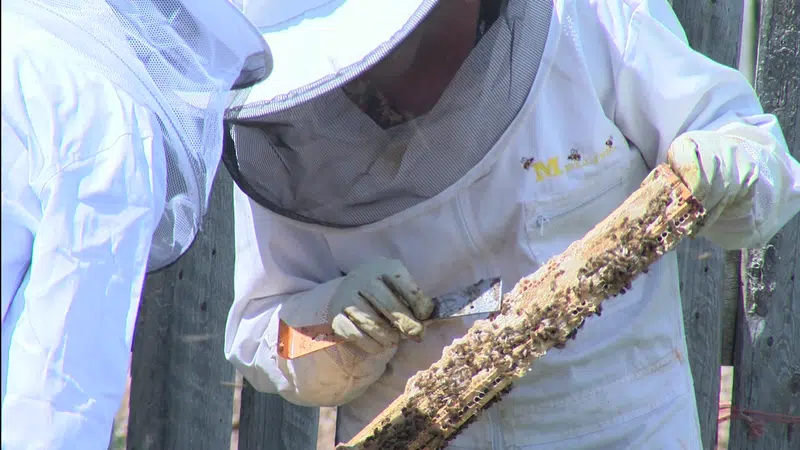
Local producers feeling the sting from fake honey imports
MEDICINE HAT, AB — The Honey industry isn’t as sweet as it seems.
Honey cut with artificial ingredients has been flowing into Canada, damaging the local market.
Honey cut with artificial sugars like rice, cane and corn syrups is pouring into the market, threatening the livelihood of local producers.
One local bee keeper says consumers need to be aware of what’s happening.
